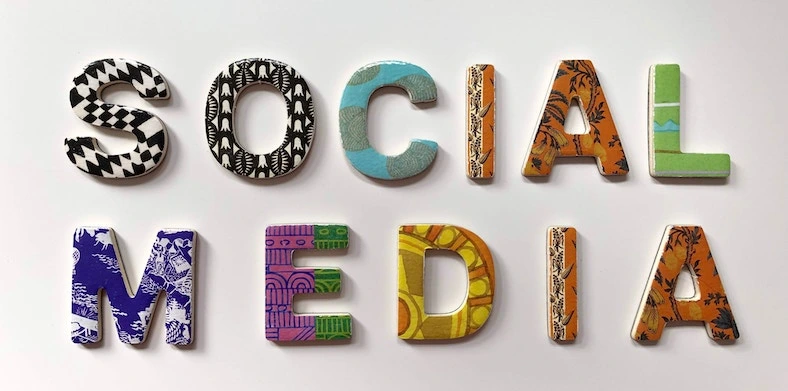For many of us, social media has become an inseparable part of our lives. It has transformed the way we communicate, engage with brands, socialize, and share information. While initially social media was intended for personal use, over time it has become an essential digital tool for businesses across various industries, including the manufacturing industry, where it has gained significant importance for various reasons. In this post, we will explore some reasons why social media is important for the manufacturing industry and how it benefits manufacturers in various ways.
Brand Awareness and Reputation Management
Through social media platforms like Facebook, Omegle, LinkedIn, and Instagram, manufacturers can increase brand visibility and build a positive brand image. By establishing a strong presence on social media platforms, manufacturers can reach out to a broader audience, engage with potential customers, and showcase their products to build a positive brand image. Furthermore, social media also allows brands to manage their online reputation effectively and promptly, as they can respond directly to customer feedback and address their concerns.
Customer Engagement and Relationship Building
To build a solid and loyal customer base, engaging with customers is important. Whether you are a manufacturer or a seller, engaging with customers and building relationships with them is imperative to building a customer base. Social media provides a direct channel through which manufacturers can engage with their customers. On social media, manufacturers can create engaging content, such as product updates, behind-the-scenes footage, and educational material, to gain the attention of their audience and keep them informed.
In addition, social media makes it easier for brands to generate leads, conduct surveys, and gain valuable insights into customer preferences through various analytics tools. These can help manufacturers tailor their products according to the needs of their customers and increase customer satisfaction.
Market Research and Competitive Analysis
Social media platforms are vital for businesses nowadays, including manufacturers, because they provide an easy way to perform market research and competitive analysis. Whichever industry you belong to, you can find market trends and the latest ongoings in the market through social media. Additionally, social media platforms also make it easier to analyze your competitors and their strategies.
By monitoring industry trends, analyzing competitors’ strategies, and staying up-to-date on market trends, manufacturers can improve their product development, marketing campaigns, and business strategies. Moreover, with the treasure trove of information that social media provides to manufacturers, it becomes easy for them to make informed decisions and stay ahead of the competition.
Product Promotion and Launch
Another reason why social media is so important for manufacturers is that it provides a unique platform to promote your products and launch new offerings in front of a huge audience. Through social media platforms like Instagram, manufacturers can showcase their products, highlight their features, and create hype among their audience with the help of images, videos, and engaging campaigns. Social media platforms enable manufacturers to deliver their world to a large audience quickly, drive traffic to their websites, and increase brand exposure and sales.
Crisis Communication and Risk Management
Since we are living in uncertain economic times, unexpected events and emergencies can occur at any time, be it a shortage of raw materials or an unforeseen event in the manufacturing plant. In such instances, social media becomes a powerful and essential tool for manufacturers to communicate with their stakeholders and customers effectively and rapidly. With the help of transparent communication through social media platforms, manufacturers can provide real-time updates on the situation, keep their customer base informed, and mitigate the potential risks to their brand’s reputation.





















